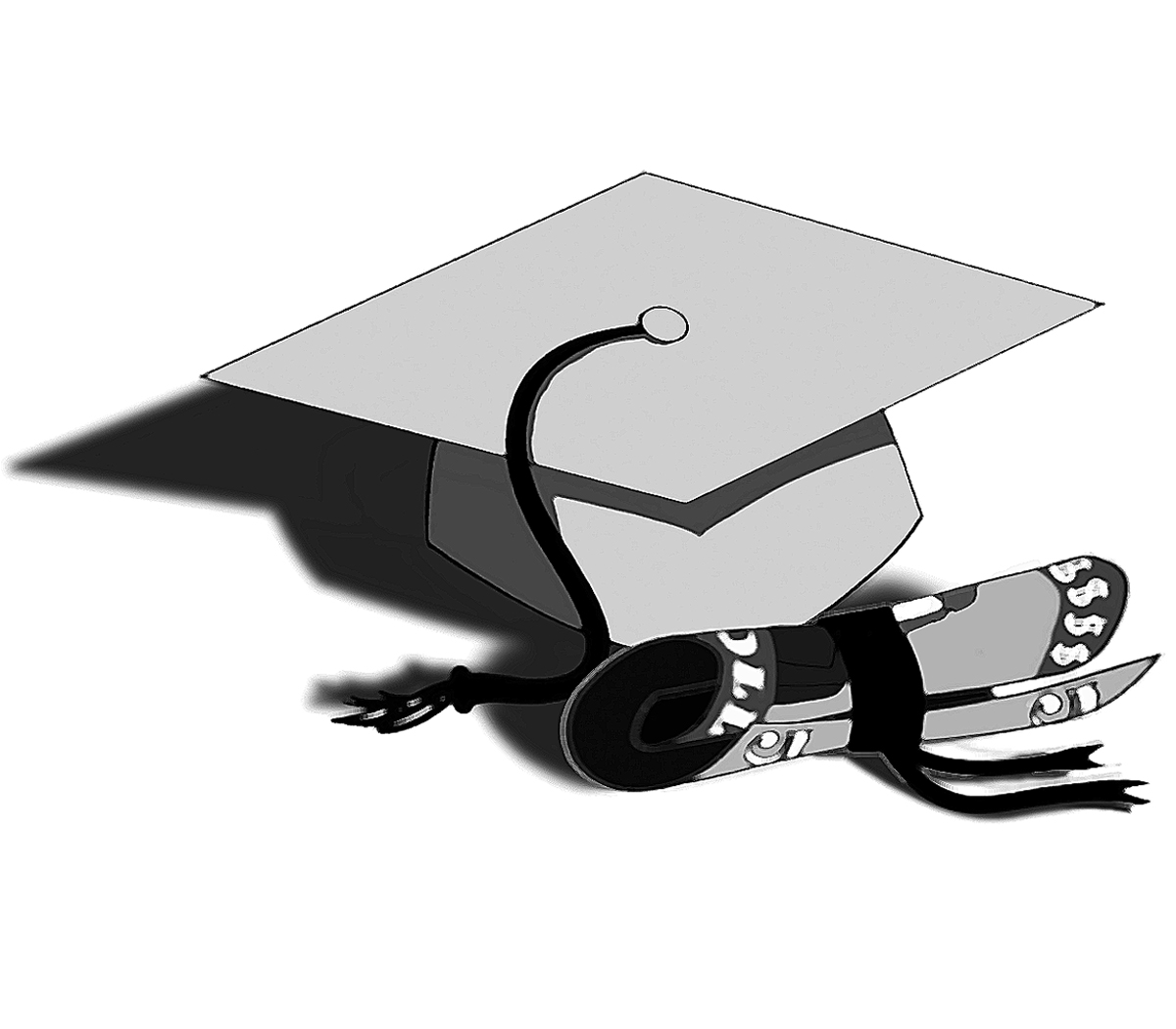
Classes have hardly begun and I’m already thinking about money, or, as the Association of Yale Alumni likes to call it, “treasure.” It’s one part of the alliterative list of things the AYA asks from its members: “time, talent and treasure.” This year, as a senior, “treasure” comes in the form of the Yale senior class gift.
It may seem too early to be thinking about the class gift. After all, the official campaign doesn’t launch until the spring. But giving money, or not giving money, to Yale increasingly feels like a political act, regardless of one’s personal intentions. I wanted to think through mine. In recent years, total participation in the senior class gift has fallen from over 90 percent in 2014 to just over 70 percent for the class of 2016, and I have little confidence that my year will do much better. Conflict between students and administration over mental health resources, the student income contribution and the renaming of Calhoun, to name a few, have done much to sour the general student body’s opinion towards giving back to an institution they feel has let them down, no matter what side of any particular issue one takes.
I’m not here to convince students in my class, or future classes below me, to contribute to their senior class gift; that will be the job of the college co-chairs. While I personally see many of the benefits of contributing — as a way to bond with classmates across residential colleges, to provide the financial aid of a future Yalie or to bolster the parts of Yale that play a large role in students’ lives, like the cultural houses or the libraries — I can understand why others would not or cannot.
Yale is not a perfect place, and donating can be viewed as an act of weighing the parts of Yale you support against the parts that you don’t. The decision to donate your “treasure” to Yale is ultimately a personal one. If you want to, fantastic! I’m writing to encourage seniors (and current alumni, as well) who aren’t as sure to set aside any cynicism you might have about the Yale institution and consider these alternatives to donating hard cash that still allow you to give back and change Yale for the better: your “time” and your “talent.”
“Time” is the more obvious of these two categories. There are no shortage of opportunities to volunteer, either for Yale directly or for a Yale-related program. The Alumni Schools Committees are always looking for volunteers to interview applicants, and no matter where you live after graduation, there will be students who need them; worldwide, only 64 percent of applicants get interviews. What better way is there to help Yale find the best and the brightest, no matter the field, to populate the next class of 20XX? Another option is the annual Yale Day of Service, where alumni and Yale Clubs around the world organize local volunteering events. Yalies of all generations gather together to give back to the places and causes that are near and dear to the community. Other options that come immediately to mind include the ever-present Dwight Hall, the Yale Alumni Service Corps and the Yale Global Alumni Leadership Exchange, but you can easily find a program that’s tailored to what you care about and wish to support.
“Talent” is the final triad of the AYA’s pitch to alumni, and while it often fits under the “time” umbrella, it asks you to use your specific abilities to help Yale improve its volunteer programs or alumni outreach services. If you’re fantastic at web design, maybe you help redo the site for your local Yale Club, or one of the 39 Shared Interest Groups — ranging from singing groups, to the Yale Alumni Real Estate Association, to the Yale Black Alumni Association. If you are knowledgeable about African art or Chinese calligraphy, maybe you lead a lecture in your area for interested alumni. If you can sing, always a particularly loaded question on campus, you can join the Yale Alumni Chorus. “Talent” is about using the skills you have to make your volunteering more effective and help you connect with graduates, no matter where in the globe you end up.
I recognize that this plea may sound campy or hokey. Perhaps even a bit naïve, given that so many have a truly complicated and difficult relationship with Yale. But each of us has received something from this place, whether that’s financial aid, world-class education or a strong relationship with professors and peers. While there is no explicit obligation to give back, I simply ask everyone to consider the various ways you are able to contribute — whether that’s your treasure, your time or your talent — to ensure that future students benefit just as much as we have.
Claire Williamson is a senior in Jonathan Edwards College. Contact her at claire.williamson@yale.edu .







